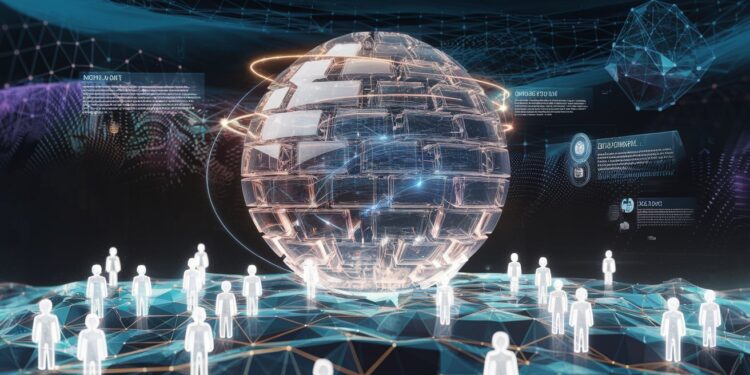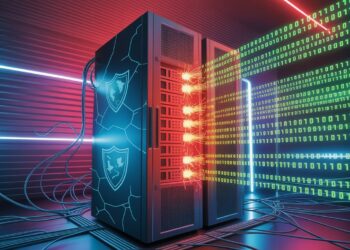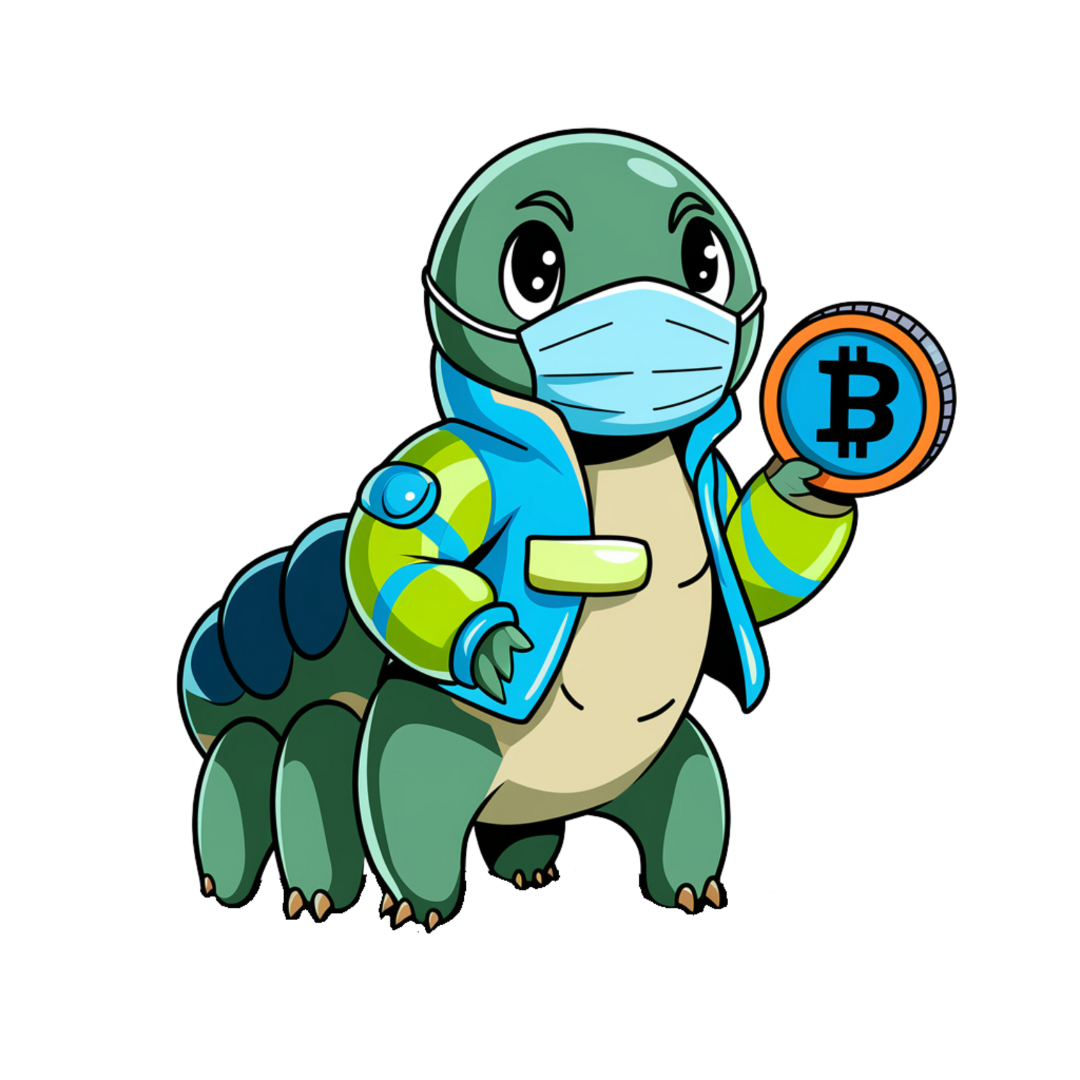The rise of decentralized technology is transforming how we think about power and decision-making. Centralized systems have long held control over various industries, but the emergence of decentralized autonomous organizations (DAOs) offers a fresh perspective. DAOs present an innovative model that empowers communities, fosters transparency, and redefines governance.
The Shift from Centralized to Decentralized Systems
Centralized systems concentrate authority in a few hands. This can lead to inefficiencies, lack of accountability, and limited participation. DAOs disrupt this model by enabling community-driven governance. This shift emphasizes collective decision-making, enhancing trust and engagement among members.
Defining DAOs: Governance, Transparency, and Community
DAOs operate on the principles of governance, transparency, and community involvement. They utilize smart contracts to automate processes and ensure that rules are followed. By creating an inclusive environment, DAOs allow stakeholders to propose changes, vote on issues, and manage resources collaboratively.
The Potential of DAOs to Revolutionize Industries
DAOs hold the power to transform many sectors, from finance to content creation. By removing intermediaries, they can streamline operations and reduce costs while giving a voice to community members. This revolutionary shift could reshape how industries operate and interact with consumers.
How DAOs Function: A Deep Dive into Decentralized Governance
Understanding how DAOs work is key to appreciating their impact on the Web3 ecosystem.
The Role of Smart Contracts in DAO Operations
Smart contracts act as the backbone of DAOs. They automate decisions based on preset conditions, eliminating the need for a central authority. This enhances efficiency and accuracy, ensuring that actions align with the organization’s goals.
Tokenomics and Governance Mechanisms: A Detailed Look
DAOs often use tokens to facilitate governance. Members receive tokens that represent voting power. This system allows for equitable participation, with each vote counting towards the decision-making process.
DAO Structures: Variations and Models
Different DAOs exist to suit various needs. Some focus on financial activities, while others aim to support creative projects. Each structure has unique roles and mechanisms that cater to its specific goals.
Real-world Applications of DAOs Across Industries
DAOs are not just theoretical constructs; they have real-world applications across multiple sectors.
DAOs in Finance: DeFi and Beyond
DAOs play a significant role in decentralized finance (DeFi). They govern protocols that allow users to lend, borrow, and trade without intermediaries.
Examples of Successful DeFi DAOs
- Compound: A protocol that allows users to earn interest on cryptocurrencies.
- Uniswap: A decentralized exchange that enables swapping tokens seamlessly.
The Future of Decentralized Finance
The potential of DeFi DAOs is immense. As they simplify transactions, they can attract more users and innovate ways to manage assets.
DAOs in the Arts and Culture Sector
Creative professionals are increasingly turning to DAOs for support and funding.
Case Studies of DAOs Supporting Artists and Creators
- Blackpool: A DAO that pools funds to invest in digital art and collectibles.
- DAO Records: A platform enabling musicians to collaborate and share profits.
Challenges and Opportunities in the Creative DAO Space
While DAOs offer new funding models, they also face legal and management hurdles that need addressing.
DAOs in Gaming and Metaverse Development
The gaming industry is also embracing DAOs. They allow players to influence game development and share in profits.
The Benefits and Challenges of DAOs
DAOs come with their benefits and challenges, which are crucial to consider.
Enhanced Transparency and Accountability
DAOs provide a transparent framework for decision-making. Every action is recorded on the blockchain, making it easy to audit and trust.
Increased Community Engagement and Participation
Community members feel empowered. They can propose ideas, vote, and shape the direction of the organization, leading to higher engagement levels.
Challenges of DAO Governance and Decision-Making
DAOs face obstacles in governance. Consensus can be difficult to achieve, and decision-making processes may slow down.
Addressing Scalability and Security Issues
As DAOs grow, scalability becomes an issue. Implementing security measures is essential to protect funds and data.
The Importance of Effective Community Management
Strong community management is critical. Clear communication and conflict resolution strategies can keep members engaged and motivated.
Building a Successful DAO: A Practical Guide
Creating a successful DAO involves several key steps.
Defining Clear Goals and Objectives
Establish precise goals. A focused mission helps guide the organization and aligns members.
Choosing the Right DAO Structure and Tools
Selecting the appropriate structure and tools is vital. Consider platforms that support your desired governance model.
Establishing a Strong Community and Governance Framework
Create an environment where members feel valued. Empower participation and incorporate feedback into decisions.
Fostering Active Participation and Engagement
Encourage members to participate. Regular updates and discussions can enhance community involvement.
Dispute Resolution and Community Moderation
Implement systems for managing disputes. Establish clear guidelines to maintain a respectful and productive environment.
The Future of DAOs: Trends and Predictions
DAOs are at the forefront of technological innovation.
The Integration of DAOs with Other Web3 Technologies
As Web3 evolves, DAOs will likely integrate with other technologies, creating more robust systems for collaboration.
The Regulatory Landscape of DAOs: Navigating Legal Hurdles
Navigating regulations remains a challenge. Adapting to legal frameworks will be essential for DAOs to thrive.
The Potential for DAOs to Drive Innovation and Change
DAOs could lead to new business models. Innovative approaches to governance and funding models are on the horizon.
Conclusion: DAOs – The Future of Collaborative Decision-Making
DAOs represent a new way of organizing communities. They promise a future where collaboration and transparency are the norms. They can reshape industries and foster innovation in countless ways.
Key Takeaways and Actionable Insights
- DAOs emphasize community engagement.
- Smart contracts streamline operations.
- Growing sectors include finance, arts, and gaming.
The Long-Term Impact of DAOs on Web3 and Beyond
The influence of DAOs will likely grow. As they evolve, they can redefine how we interact with technology and each other. Embrace the potential of DAOs and consider how they could fit into your projects and communities.

























